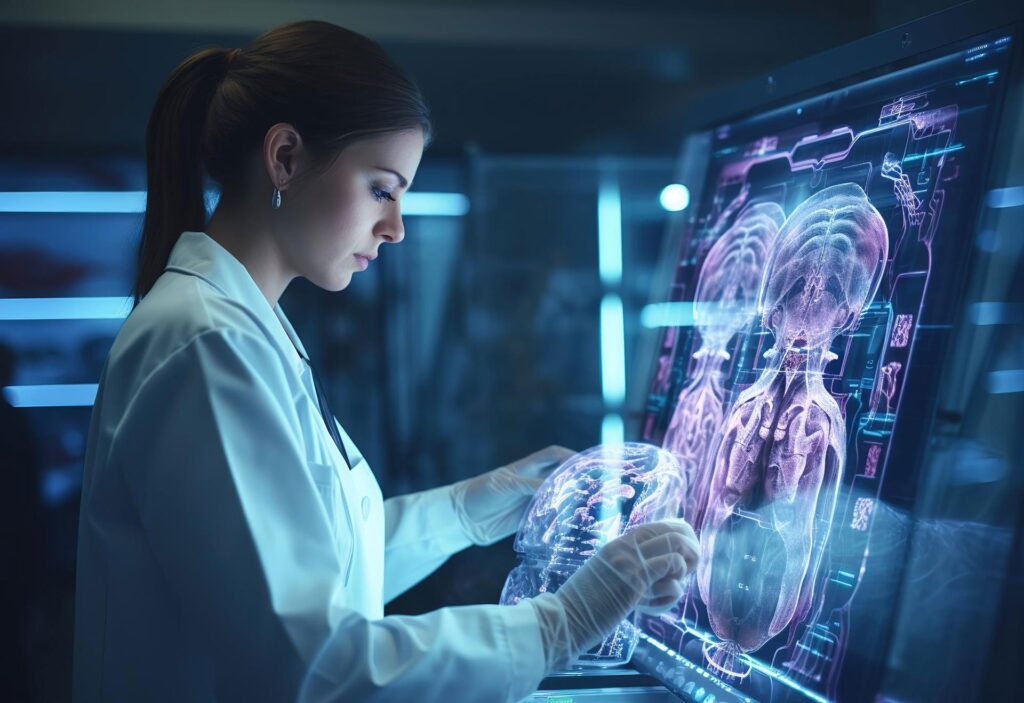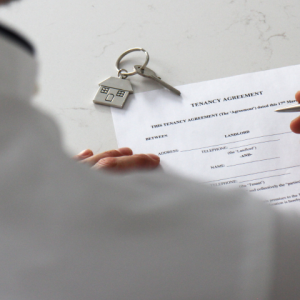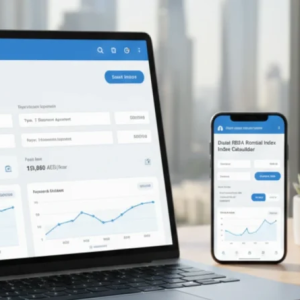The UAE AI organ matching trial is set to change the landscape of organ transplantation in the United Arab Emirates. By leveraging artificial intelligence, this trial aims to match organs to patients based entirely on medical need, removing human biases that could affect the allocation process. This initiative represents a significant step forward in creating a fairer, faster, and more efficient healthcare system.
Introduction
Organ transplantation saves thousands of lives each year, but the process of allocating organs has traditionally faced challenges. Decisions often involve complex human judgment, which can inadvertently be influenced by factors unrelated to a patient’s medical condition, such as nationality or personal background.
The UAE AI organ matching trial addresses this by implementing advanced AI algorithms to ensure that every organ goes to the patient who needs it most, based on medical compatibility and urgency. This approach aligns with the UAE’s broader goal of combining technology and healthcare innovation to improve patient outcomes.

Why the UAE Needs an AI Organ Matching System
The demand for organs is rising globally, and the UAE is no exception. Traditional organ matching systems, while effective, are limited by the capacity of human decision-making and potential for unintentional biases.
Key reasons for adopting AI in organ matching include:

- Eliminating bias: Human judgment can sometimes favor certain patients due to unconscious preferences. AI ensures that only medical factors determine organ allocation.
- Efficiency: Processing large volumes of patient and donor data quickly is beyond human capacity. AI can analyze this information rapidly.
- Better outcomes: Accurate matching based on compatibility improves transplant success rates and reduces post-surgery complications.
- Resource optimization: AI minimizes wasted organs by ensuring optimal matches for available donors.
The UAE AI organ matching trial is a response to these challenges, aiming to maximize fairness, efficiency, and overall patient survival.
How the UAE AI Organ Matching Trial Works

The system uses sophisticated algorithms to evaluate both patient and donor information. This includes blood type, tissue compatibility, medical urgency, and other relevant health indicators. Once the AI identifies the most compatible matches, healthcare professionals can make informed decisions quickly, reducing delays in organ allocation.
Unlike traditional systems, which rely heavily on manual evaluation, the UAE AI organ matching trial ensures that decisions are consistent, unbiased, and entirely evidence-based. By focusing on medical compatibility rather than subjective criteria, the trial can reduce disparities in organ distribution.
Benefits of the AI Matching System
1. Eliminates Bias
The UAE AI organ matching trial removes any influence of nationality, religion, or social factors in the decision-making process. Patients receive priority based solely on medical need and compatibility, ensuring equity across the healthcare system.
2. Improves Efficiency
AI can process large datasets quickly, allowing organs to be allocated faster than ever before. This reduces waiting times for patients in critical need and increases the likelihood of successful transplantation.
3. Enhances Transplant Outcomes
By accurately matching donor organs to patients based on detailed medical profiles, the system improves overall transplant success rates, reduces the risk of organ rejection, and supports long-term patient health.
4. Optimizes Use of Donor Organs
Every organ is precious. AI ensures that available organs are matched with the patients who will benefit most, reducing waste and ensuring optimal utilization of resources.
Integration with the UAE Hayat Program
The UAE AI organ matching trial is integrated with Hayat, the UAE’s national organ donation and transplantation program. Hayat has already streamlined organ donation logistics and patient registration nationwide. AI enhances this existing framework by automating matching decisions, providing real-time insights, and supporting medical teams in allocating organs fairly and efficiently.
Challenges in Implementing AI for Organ Matching
While the UAE AI organ matching trial offers numerous advantages, implementing it comes with challenges:
- Data privacy and security: The system handles sensitive patient information, requiring strict cybersecurity measures.
- Continuous monitoring: Regular audits and monitoring are necessary to ensure that AI recommendations remain accurate and effective.
- Human oversight: While AI makes unbiased recommendations, healthcare professionals must validate matches to account for nuanced medical factors that algorithms may not fully capture.
Future of AI in Organ Transplantation
If the UAE AI organ matching trial proves successful, it could serve as a global model for organ allocation systems. Other countries facing organ shortages and allocation disparities may adopt similar AI-driven solutions.
Additionally, the trial highlights the potential of AI in broader healthcare applications, including predictive diagnostics, personalized treatment planning, and healthcare resource management. The UAE’s proactive approach demonstrates how technology can be leveraged to save lives and improve equity in medicine.
Conclusion
The UAE AI organ matching trial is a landmark initiative in the field of healthcare technology. By prioritizing medical need, eliminating bias, and improving efficiency, this trial promises to transform organ transplantation in the UAE. Patients can expect fairer access to life-saving organs, faster allocation, and improved overall outcomes.
As the trial progresses, the UAE sets a powerful example of how AI can be responsibly and effectively integrated into healthcare systems, paving the way for a future where medical decisions are driven by data, fairness, and patient well-being.
Do follow UAE Stories on Instagram
Read Next – UAE Employee Insurance Coverage: Why Traditional Plans Are No Longer Enough












